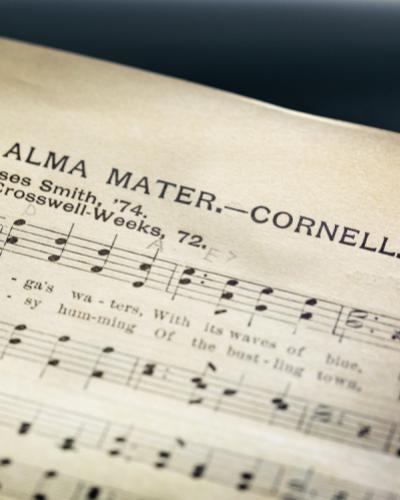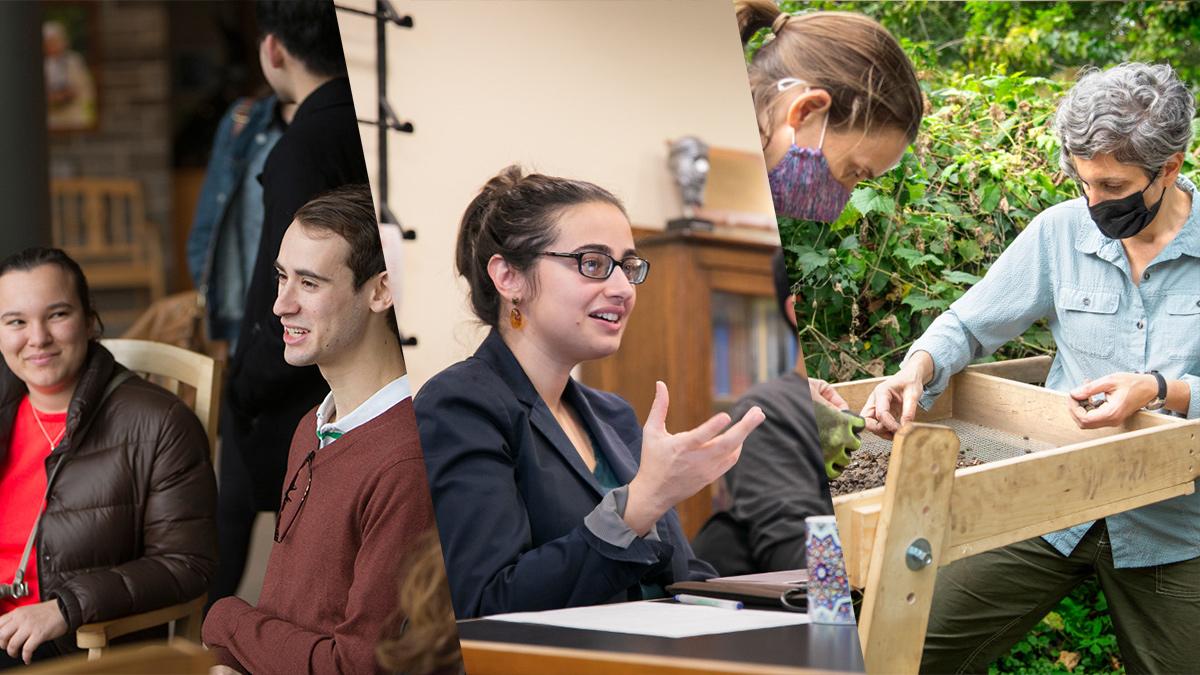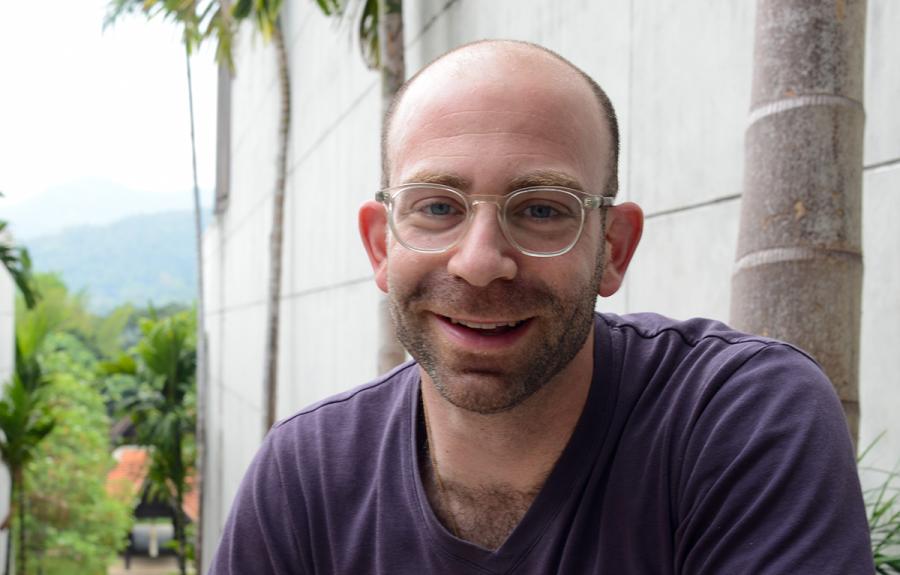

 Department Homepage
The College of Arts & Sciences
Department Homepage
The College of Arts & Sciences

The study of the Middle East and North Africa at Cornell includes the full geographic and temporal sweep from ancient Mesopotamia and Egypt to modern Turkey and Morocco. Our interdisciplinary faculty are committed to research that explores the rich history of the region, the diversity of languages and literatures, and religious, social, political, and cultural dimensions across time and place.

The Near East is an older term for the Middle East. As defined by the department, the “Near East” extends from Morocco (and medieval Spain), through Egypt, the Levant (Israel and Palestine, Syria, Lebanon, and Jordan), Turkey, Southwest Asia and North Africa.
Faculty specializing in the earliest millennia of the region’s history bring a range of disciplines, methods and theoretical orientations to bear on the study of what is conventionally called the ancient Near East. Geographically, our vision is wide, extending from the shores of the eastern Mediterranean to the lowlands of Mesopotamia, from the highlands of Anatolia and the Caucasus to the plains of southwestern Iran.
Your support enables the department to enhance the experience for undergraduate and graduate students and contribute to faculty excellence. Gifts can help fund lectures and conferences, faculty and student research, distinguished speakers, and other department priorities.

Greenky graduated in 2007 with a degree in Near Eastern Studies and Government. He spent four years working at a company dealing with international security with a focus on the Middle East, traveling often to Israel and the Gulf States. He then went to medical school at Brown University and is now a pediatric emergency medicine physician at Emory University/Children’s Healthcare of Atlanta. He has an expertise in pediatric preparedness and disaster response. He looks fondly on his time studying Near Eastern Studies at Cornell, which gave him the foundational knowledge to launch his career and taught him critical thinking and analysis skills that he draws on to this day!
Update 5 Nov. 2025: An article which documents medical collaboration between Israelis and Palestinians over the years and argues this is a starting point to move forward.